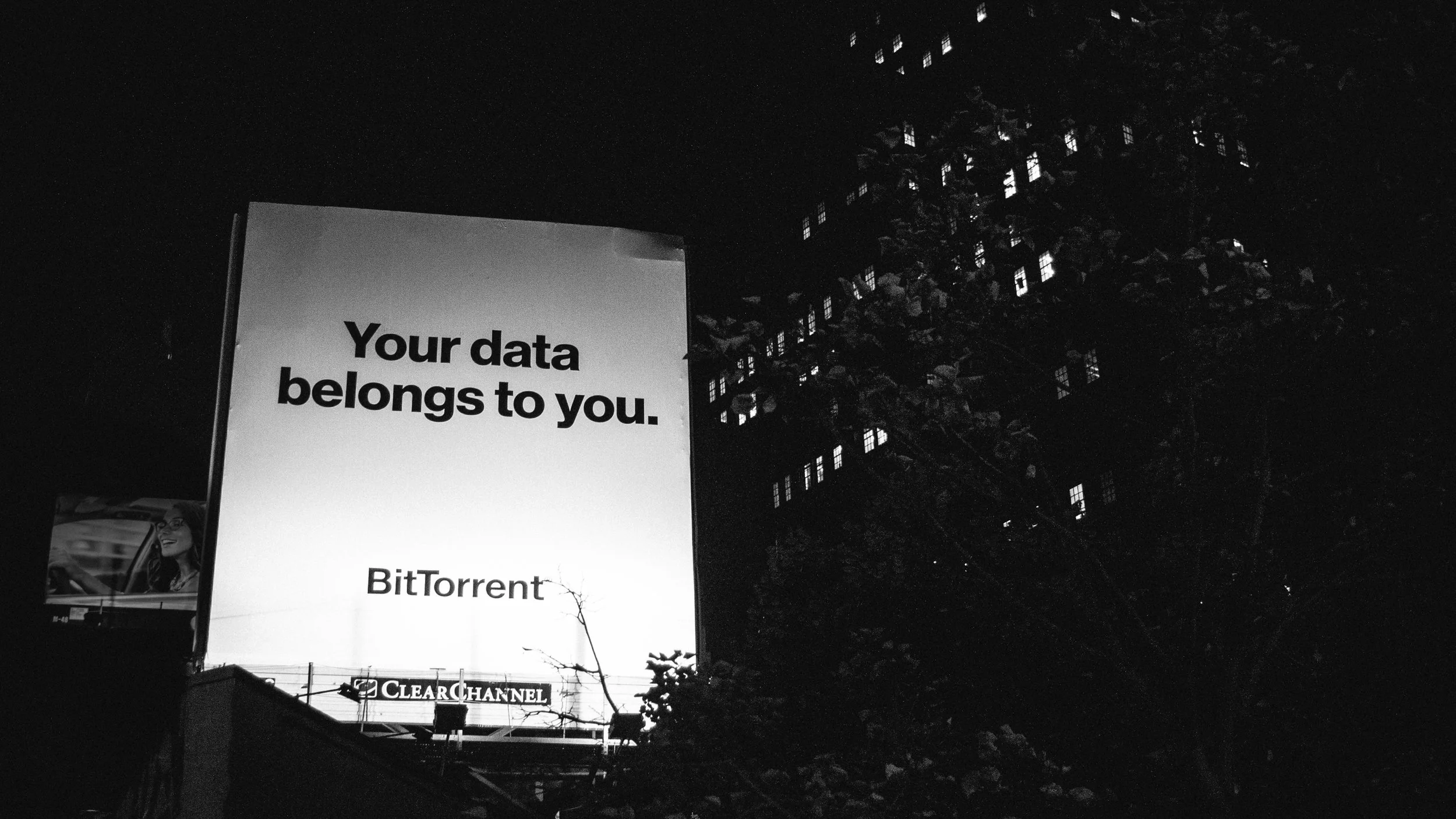
BitTorrent
PROJECT DELIVERABLES
Brand Strategy
Comms Strategy
Creative Direction / Strategy / Campaign
Brand Identity
Go-to-Market
Art Direction
Content & Editorial Strategy
Graphic Design
Verbal / Voice ID
Social Strategy
Copywriting
Performance Marketing
CLIENT OVERVIEW
Despite being an open source technology used by every core platform on the Internet, BitTorrent had lost control of its brand and became a euphemism for internet piracy. This pariah status limited the company’s ability to grow, and as the integrated in-house marketing team, we were charged with radically rerouting the company’s story and changing its fortunes.
HIGHLIGHTS
1,200% increase in positive media coverage overall.
100 primary stories in outlets such as NPR, Los Angeles times, Fast Company, Business Insider, Reason, Huffington Post, Mashable, Bleeding Cool, Washington Post, AdWeek, WIRED, Financial Times.
Framed the narrative to spawn more than 600 positive stories about the technology between 2013 and 2016.
Garnered hundreds of enterprise business partners.
Successful spin-out into standalone business in 2016.
PROJECT OVERVIEW
The BitTorrent protocol is one of the most important innovations in the internet’s history. While before giant datasets would take days to transfer using HTTP, BitTorrent's peer-to-peer (P2P) protocol leveraged unused upstream bandwidth to move giant datasets in a matter of hours, even minutes.
It wasn't long after BitTorrent's introduction in 2001 that every core platform on the Internet was using the open-source protocol to update their servers, deploy video game updates, and protect important data by distributing it across a network. At one point, BitTorrent was responsible for up to 30% of global internet traffic.
The tech was also hijacked by content pirates like The Pirate Bay. As a company with an engineering-driven culture, the word "BitTorrent" had slipped away from the corporation and was being used as a euphemism for content piracy.
BitTorrent, Inc. had also continued to innovate new applications for P2P technology, solving for many of the issues facing the internet. For example, a P2P, real-time data sync and transfer solution named BitTorrent Sync. But BitTorrent, Inc. continually ran into challenges finding go-to-market partners due to stigma, misperception, and a lack of understanding of decentralized, distributed, and P2P technology.
Then, in 2013 a scandal sparked by Edward Snowden's whistleblowing and the PRISM scandal revealed how the NSA had accessed data of American citizens by leveraging server backdoors. As BitTorrent did not use servers they were one of the few tech companies not implicated in the scandal and one of the few in a position to take a stance, presenting an opportunity to reframe the conversation around BitTorrent and educate about the benefits of decentralized technology.
QP, serving as the in-house agency team, developed a strategy to provoke the public on the issue, then resolve with a conversation about distributed technology.
To provoke, we created a series of mysterious, unbranded billboards around the Bay Area, Los Angeles, and New York City stating plainly: "Your Data Should Belong to the NSA”.


These stark billboards were live for three weeks, stirring anger and dialogue around the NSA and intrigue around who was behind the billboard. Then in the third week we revealed a new creative for the billboards with the word "NSA" crossed out and the message now reading: "Your Data Belongs to You." Each was signed "BitTorrent" - also revealing a new brand ID.
Prior to the reveal we had reached out to a set of key media targets and embargoed the unveil, creating an opportunity to frame the technology and its benefits, generating hundreds of stories in tech, business, and lifestyle media with key message pull-through and creating a new perspective for the BitTorrent brand.
The campaign helped generate enterprise business leads for Sync that would never have otherwise been possible and led to the spin-off of the product group as its own stand-alone business, now known as Resilio.
COVERAGE






